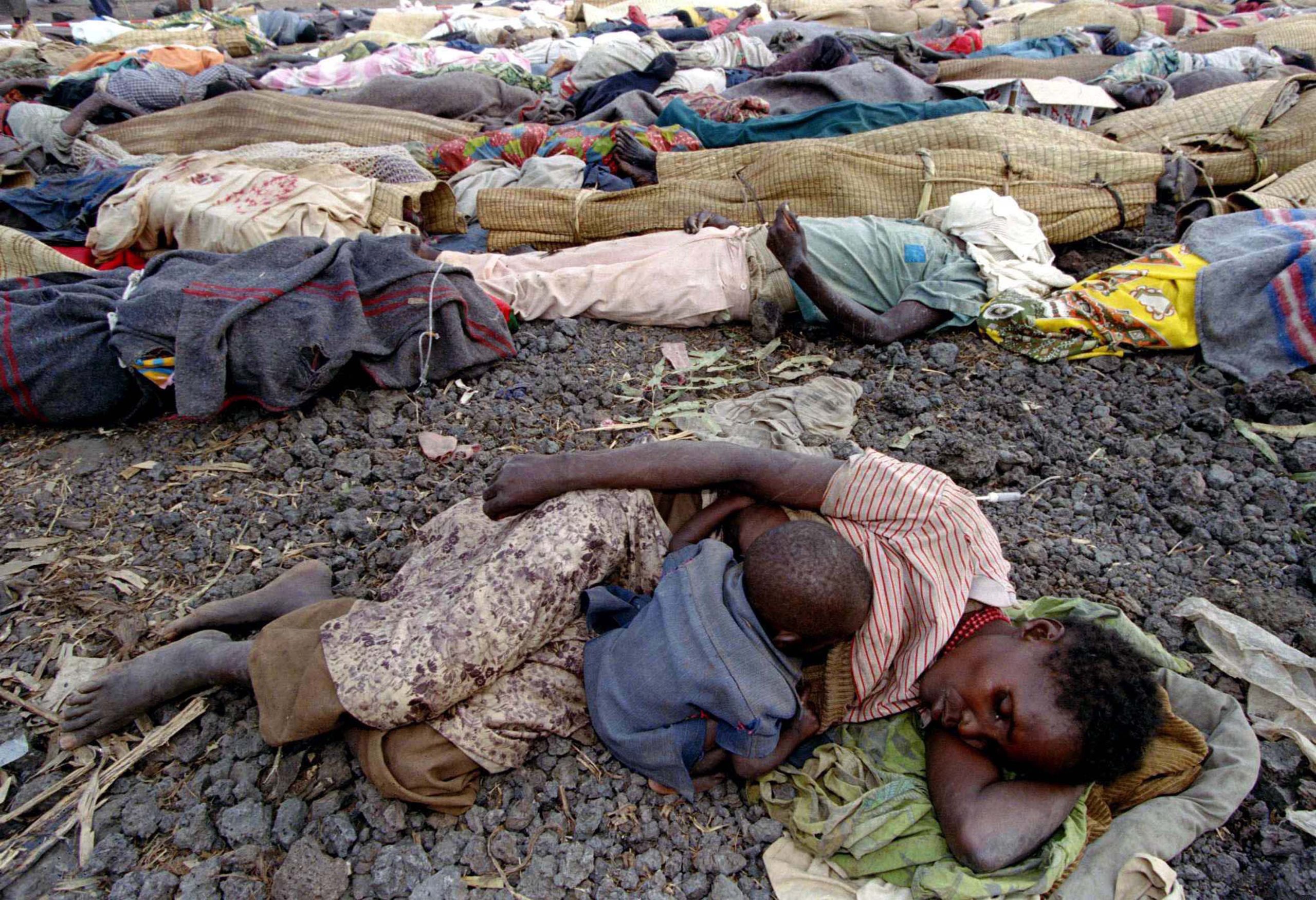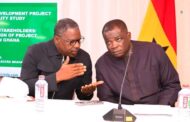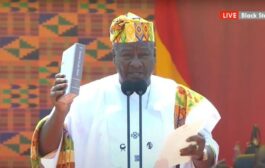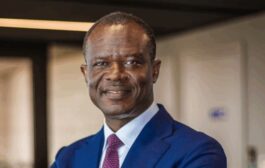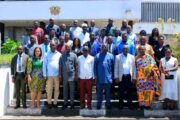The United Nations General Assembly has adopted resolution A/RES/58/234 designating 7 April as the International Day of Reflection on the Genocide in Rwanda and encourages “all Member States, organizations of the United Nations system and other relevant international organizations, as well as civil society organizations, to observe the International Day, including special observances and activities in memory of the victims of the genocide in Rwanda.”
The date, 7 April, marks the start of the 1994 genocide which lasted for 100 days to mid-July 1994 and Every year, on or around that date, the United Nations organizes commemorative events at its Headquarters in New York and United Nations offices around the world.
Rwanda has two public holidays mourning the genocide. The national mourning period begins with Kwibuka (Remembrance), the national commemoration, on 7 April and concludes with Liberation Day on 4 July.
Rwanda is, by all measures, a poor country. The 1994 war obliterated the country’s economy, social fabric, human resource base, and institutions. Almost 90 percent of the population lives on less than US$2 per day and half of its population lives on less than US$1 per day.
Generally, the Hutu-Tutsi strife stems from class warfare, with the Tutsis perceived to have greater wealth and social status (as well as favoring cattle ranching over what is seen as the lower-class farming of the Hutus).
The current population of Rwanda is 13,193,600 as of Monday, April 5, 2021, based on Worldometer elaboration of the latest United Nations data. Rwanda’s 2020 population is estimated at 12,952,218 people at mid-year according to UN data. Rwanda’s population is equivalent to 0.17% of the total world population.
By 1994, Rwanda’s population stood at more than 7 million people comprising 3 ethnic groups: the Hutu (who made up roughly 85% of the population), the Tutsi (14%), and the Twa (1%).
Known for its breathtaking scenery, Rwanda is often referred to as le pays des mille collines (French: “land of a thousand hills”). The capital is Kigali, located in the center of the country on the Ruganwa River.
Source: Mybrytfmonline.com



